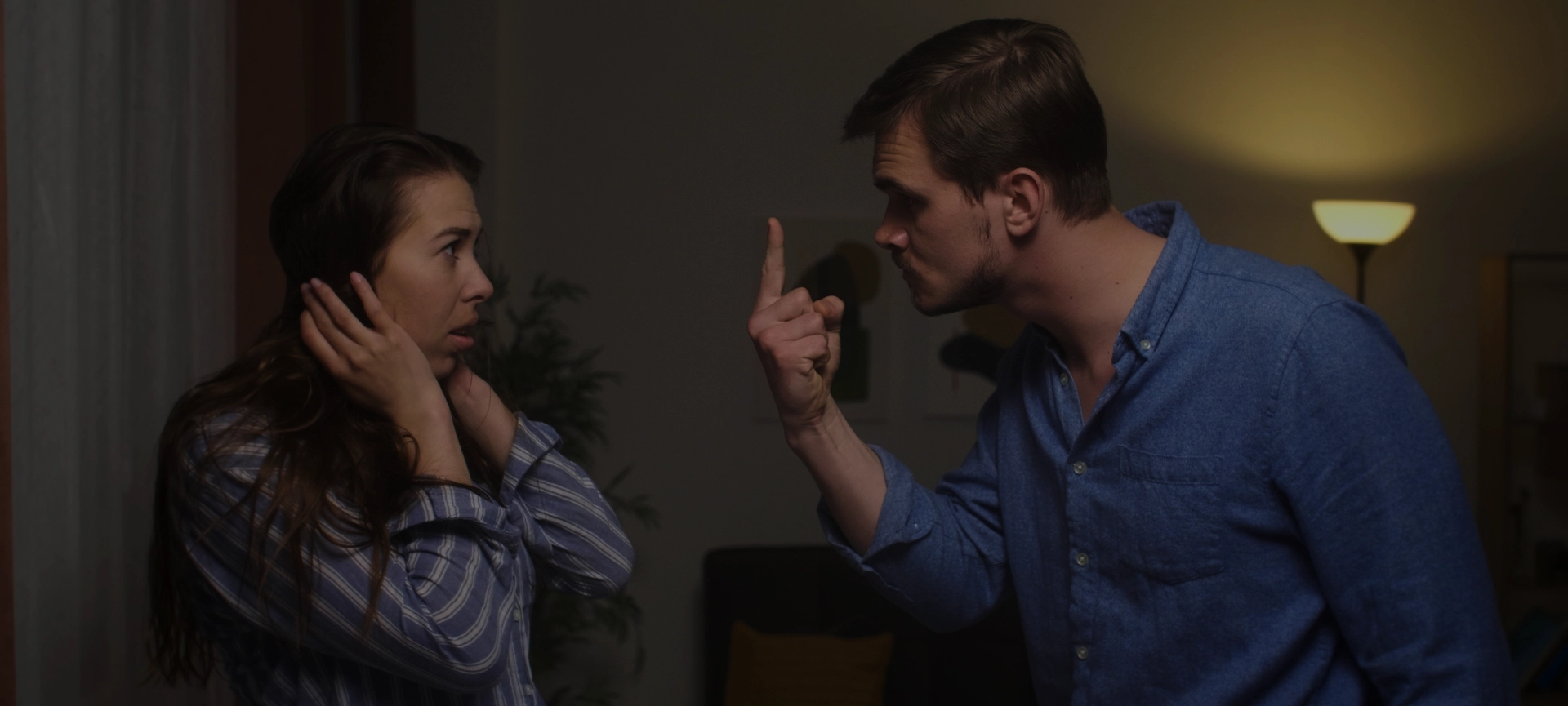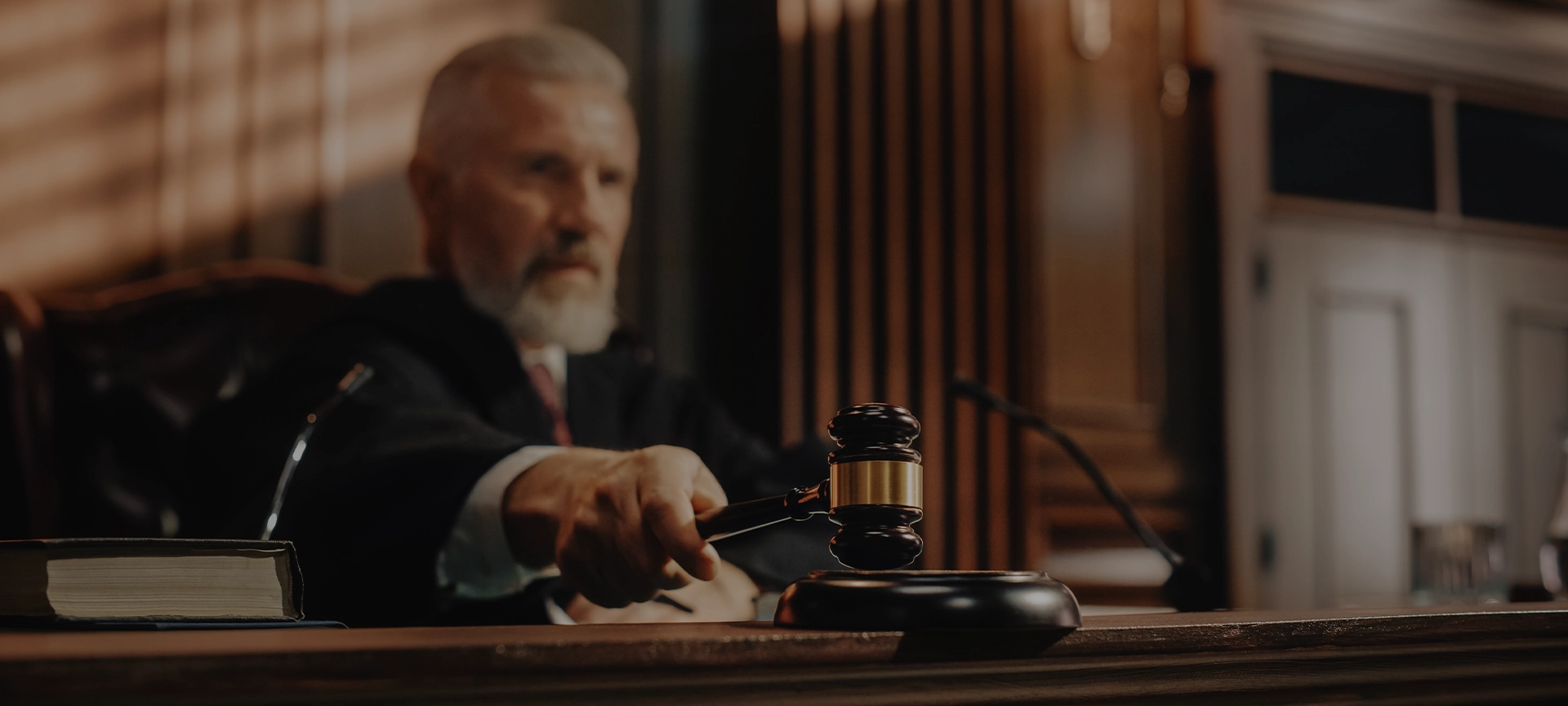The federal government, the RCMP’s top brass, and the police force’s union are all squarely behind a recent push to see more than 10,000 body-worn cameras deployed nationwide to help “pull the police services into the 21st century,” says the force’s union head, while others have questioned its perceived benefits.
[…]
Criminal lawyer Michael Spratt, of Ottawa-based firm Abergel Goldstein and Partners, said body cameras carry with them “a ton of drawbacks,” including cost and privacy issues, that have to be “balanced against the one benefit of capturing evidence.”
Mr. Spratt noted the push to outfit RCMP officers with cameras is not about how the “police need to protect themselves against allegations or some sort of best evidence rule, but it’s because there have been multiple instances across Canada, and worldwide, of egregious police misconduct.”
“Sometimes that misconduct is caught on film, sometimes police are caught not telling the truth, and one of the solutions to identify and hold police accountable for bad acts or for Charter violations is to have them recorded at all times, so their interactions with the public can be scrutinized and body camera videos can be used as evidence to hold the police to account,” he added.
Mr. Spratt said he was once supportive of police-worn body cameras—until he spoke with people who have been stopped by officers or have been over-policed in the past.
“It’s obscene that we would say the police are engaged in misconduct, we can’t trust them, there’s no enough accountability, so let’s give them more money,” he said, noting body cameras come at a steep price. “The solution shouldn’t be to throw more money at the problem; the solution should be that we need to have a more responsible police force.”
There are also privacy concerns that need to be weighed.
“There aren’t robust rules. We’re putting the cart before the horse because there is no agreement about who can access that data, how it can be used, where it’s going to be stored, how long it’s going to be stored, when the camera is going to be, when it’s going to be off, and what sort of repercussions there will be for police officers who don’t follow these policies,” said Mr. Spratt.
[…]
Read Mike Lapointe full article at The Hill Times




